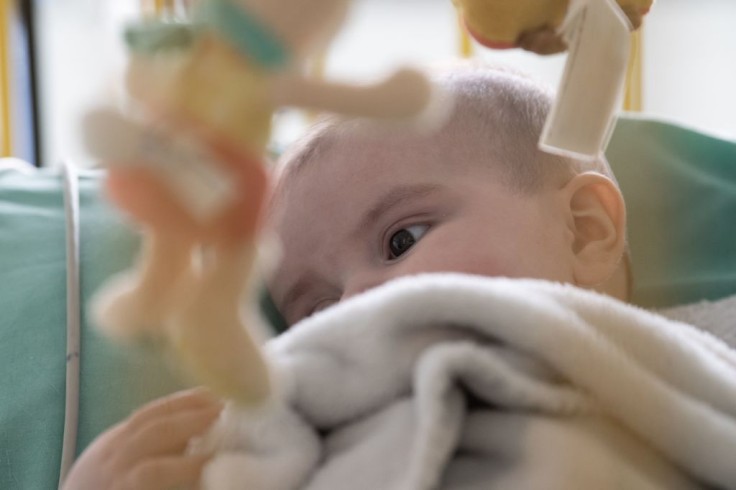
As a new parent, keeping your baby safe and healthy is your top priority. One of the best ways to do this is to have a well-stocked first aid kit on hand at all times.
According to Healthline, Wendy Proskin, MD, a pediatrician at Westmed Medical Group in Rye, New York, it's important to have a first aid kit at home so that you don't waste time running to the store in case of an emergency.
Throughout their first year and beyond, newborns and older babies may experience several common ailments such as gassiness, a stuffy nose, fever, and teething pains, for which a first aid kit can be very useful.
Although it's possible to create a first aid kit using items you already have at home, many of these products might not be formulated for infants.
To be prepared for all minor bumps, scrapes, and illnesses, use this guide to stock your medicine cabinet or baby first aid kit with essential supplies that will keep you from scrambling to find anything in an emergency.
Always remember to consult with your pediatrician before giving medications or treatments to an infant, as at-home care should be the first line of defense.
Furthermore, here are the top 10 essentials for a baby's first aid kit that will help you be prepared for any emergency.
Top 10 Essentials for Baby First Aid Kit
- Gas drops - It is a common problem for newborns and can be uncomfortable for them. As per Children's Hospital Colorado, gas drops can help relieve the discomfort caused by gas in babies. They work by breaking down the gas bubbles, making them easier to pass.
- Tweezers - This device can be useful for removing splinters or debris from a baby's skin. They are also handy for removing ticks or other small insects that may attach to a baby's skin during outdoor activities.
- Antibiotic ointment for wound care - In the case of cuts, scrapes, or other minor wounds, it's important to keep antibiotic ointment on hand to prevent infection. Apply the ointment to the wound after cleaning it with soap and water.
- Rash cream or insect repellent cream - As per U.S. News, babies are prone to diaper rash and insect bites. Rash cream can help soothe and heal these irritations. While insect repellent cream can also be helpful during outdoor activities to protect against mosquito bites and other insect bites.
- Rectal thermometer - A rectal thermometer is the most accurate way to take a baby's temperature. It's important to have a thermometer in the first aid kit so that you can quickly check the baby's temperature in case of a fever.
- Infant acetaminophen - This device can be used to reduce fever and relieve pain. It's important to follow the dosing instructions carefully and consult with a pediatrician before giving any medication to a baby.
- Nasal aspirator - Babies can get congested easily, and it can be difficult for them to breathe. A bulb syringe or nasal aspirator can be used to clear out a baby's nose and help them breathe more easily.
- Wipes - Keeping your baby and your first aid kit clean is essential for preventing the spread of germs. Sanitizing wipes can be used to clean surfaces and hands before and after treating a baby.
- Baby-specific medications - Additionally, as per Healthline, some medications are formulated specifically for babies and are available over the counter. Examples include infant acetaminophen or infant ibuprofen. Always consult with a pediatrician before giving any medication to a baby.
- Emergency phone numbers - Finally, it's essential to have emergency phone numbers, such as your pediatrician's number, the poison control center's number, and 911, readily available in case of an emergency. It's important to know when to seek emergency medical care and when to call your pediatrician.
Furthermore, in the event that cuts, bruises, and burns occur and you think you cannot handle them with the first aid essentials you have, it is always best to consult a doctor, call emergency responders, or rush your young child to the nearest hospital.
Related Article: Spring Break: Top 10 Fun, Affordable Activities for Families